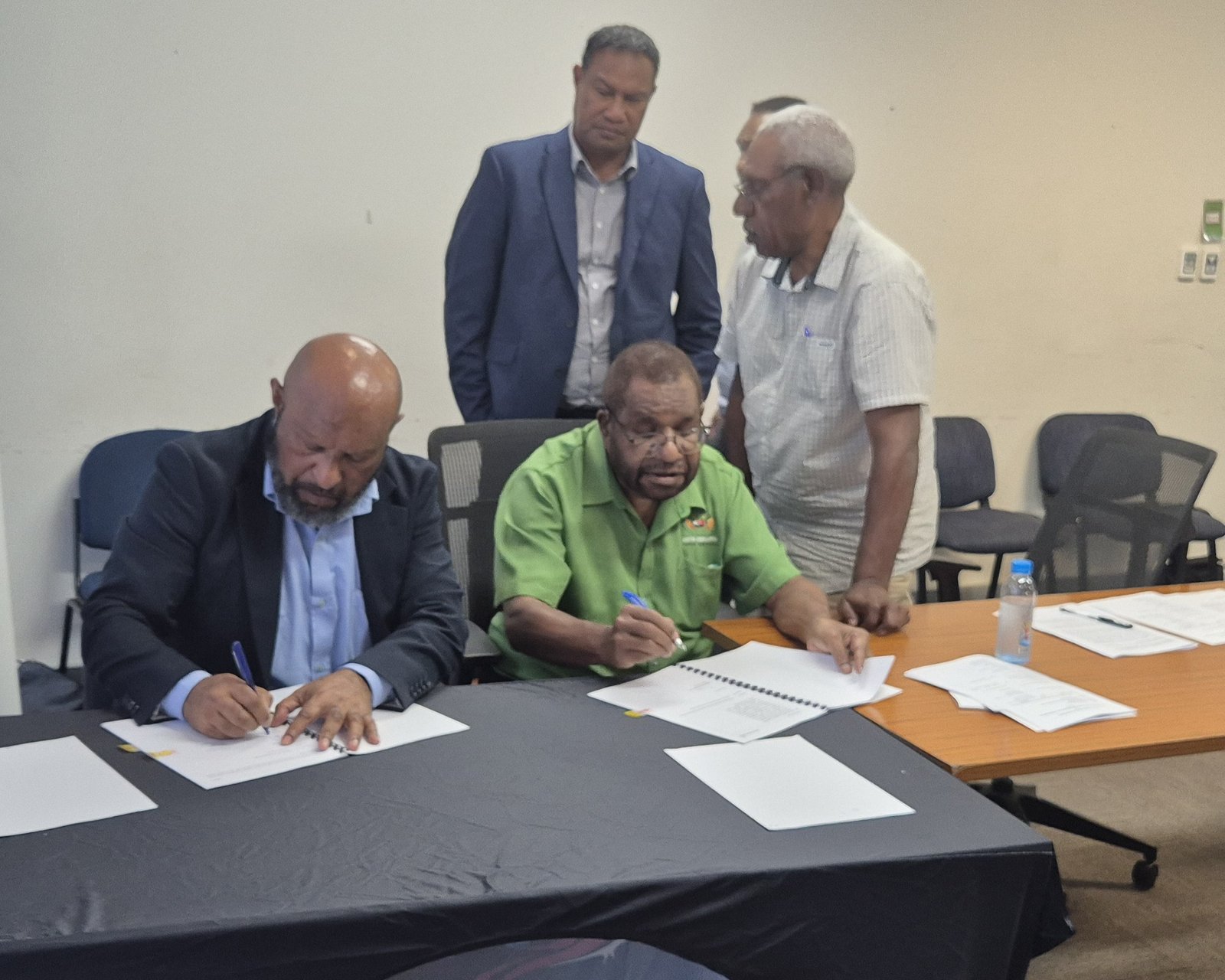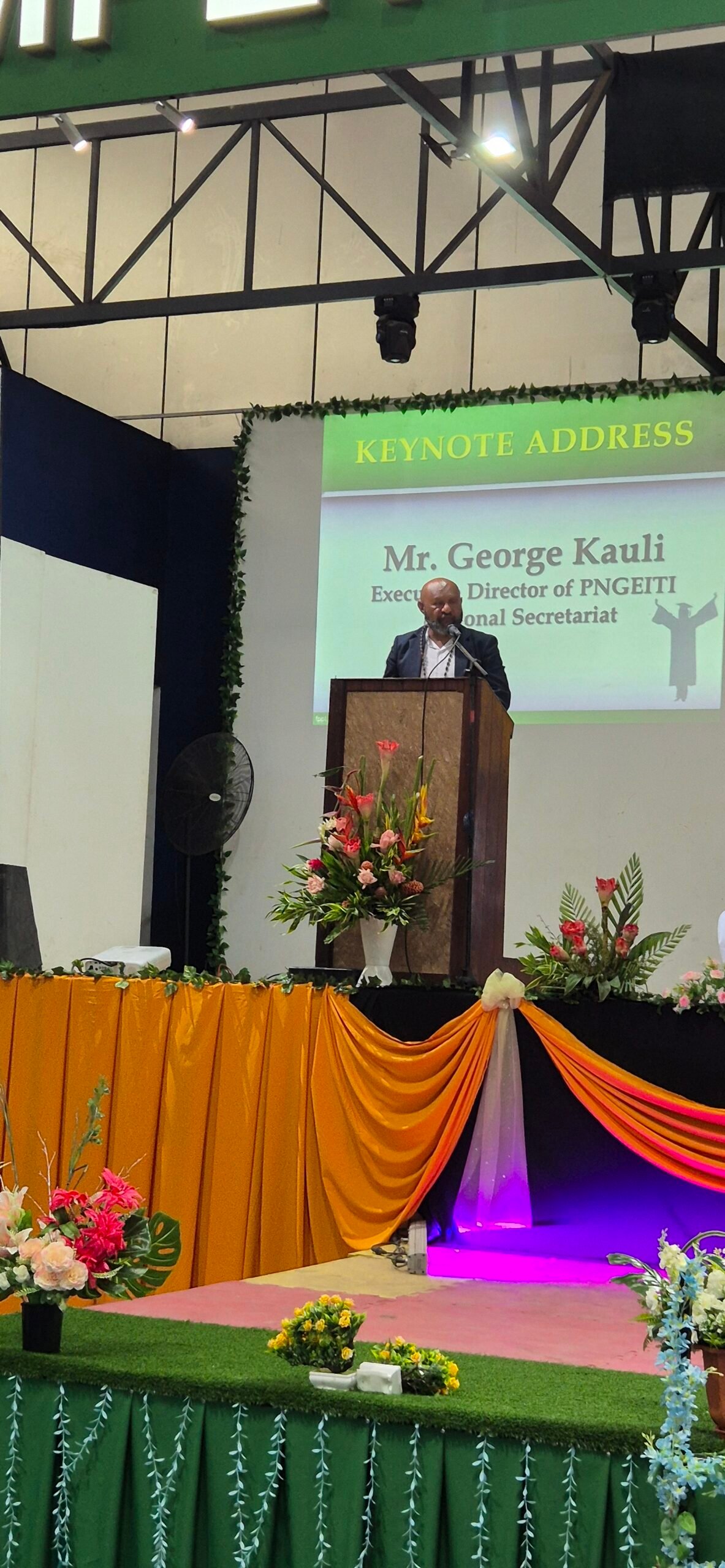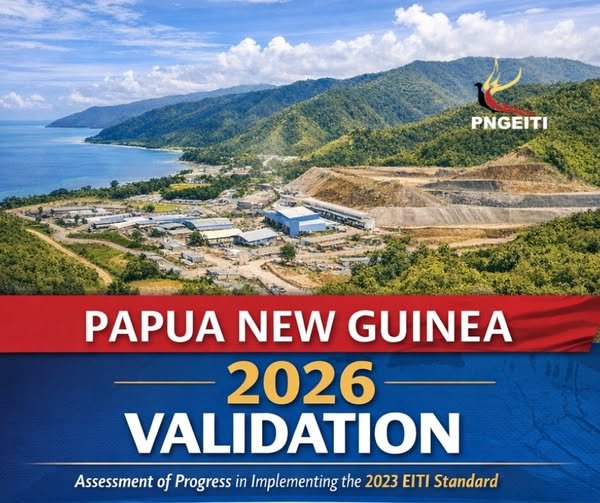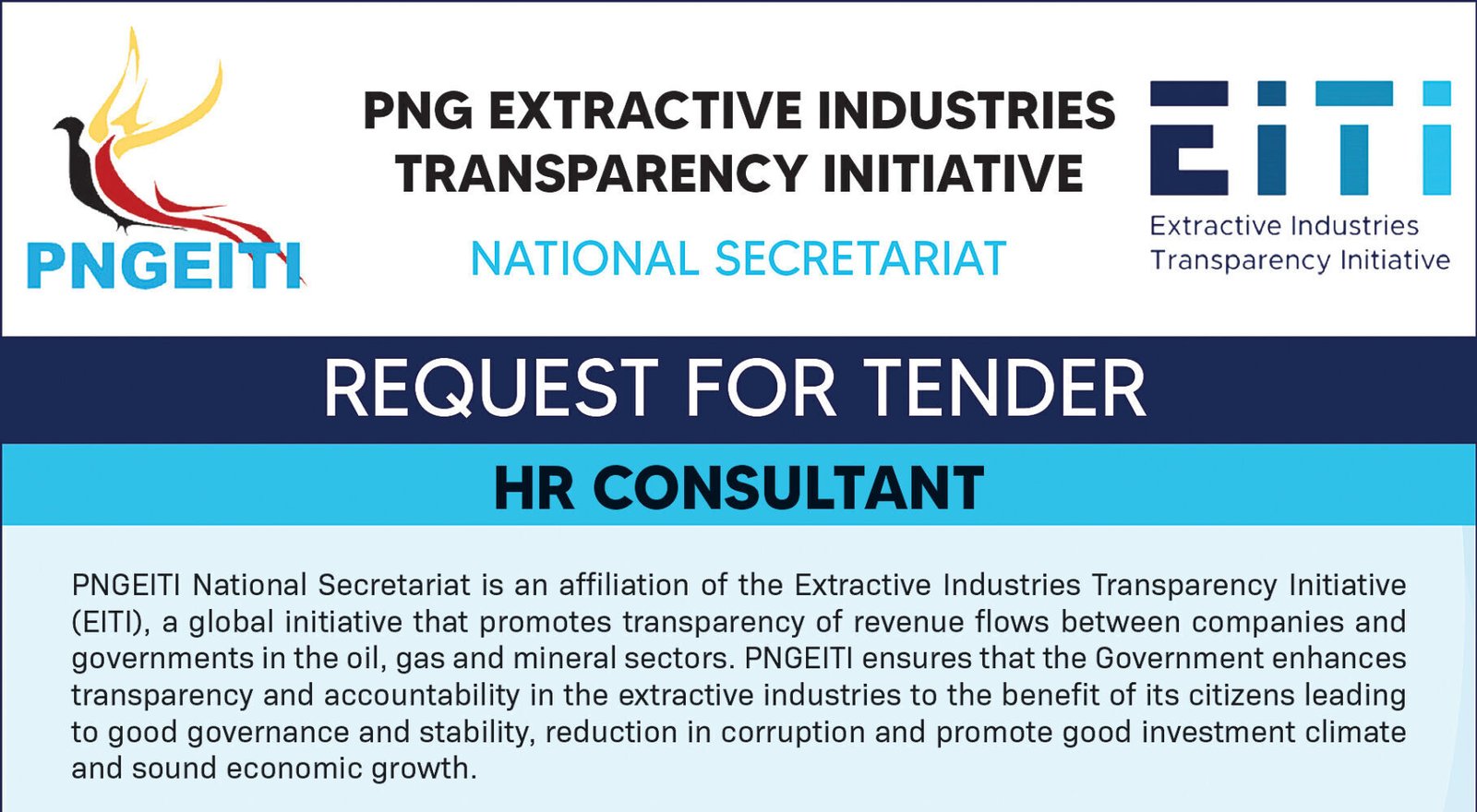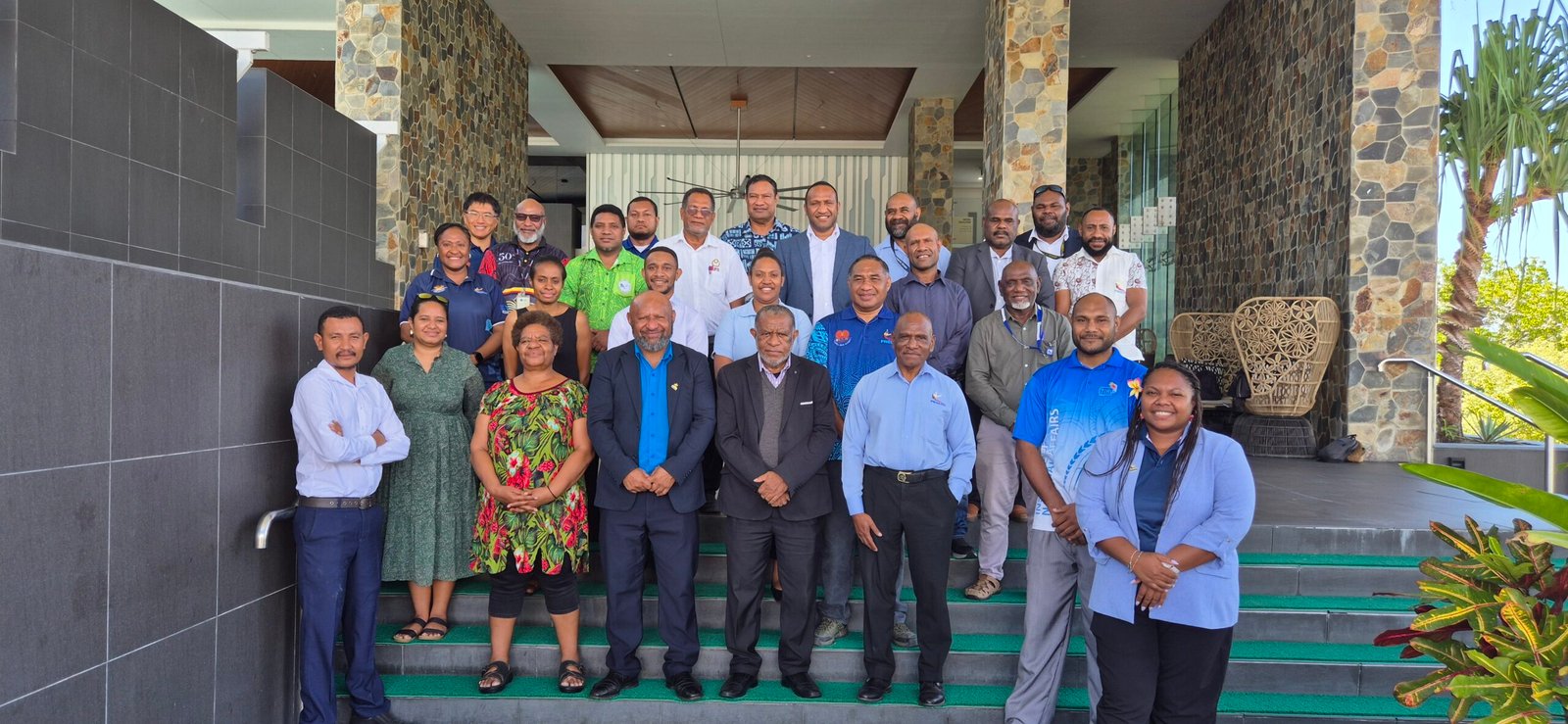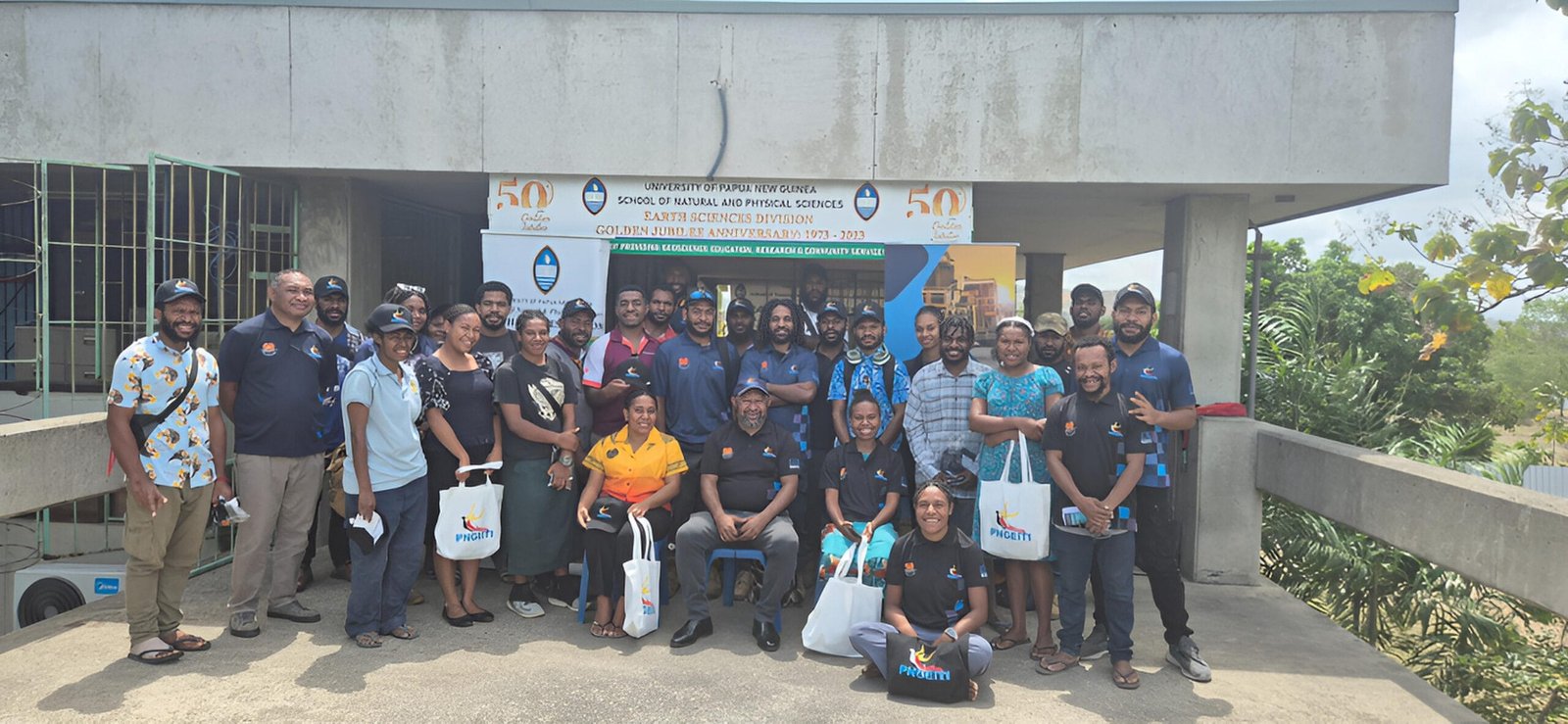The PNGMSG resolved in its meeting No. 5/2016 in Kokopo, East New Britain Province in 2016 that PNGEITI needed a legal basis to exist. It was pointed out that there were existing laws such as the Oil & Gas Act and the Mining Act which the MSG could consider amending for PNGEIT’s existence or alternately, for PNGEITI to come up with a standalone law. The meeting also considered the importance of developing the PNGEITI National Policy Framework that would set the basis for development of a legislation for sustainability of EITI operation into the future.
The PNGEITI MSG, under the direction the Chairman had tasked a Technical Working Group (TWG) to review the existing laws and legislative arrangements for the possibility of legislating EITI’s existence. The TWG had extended this function to a sub-group comprising of legal and policy officers from relevant MSG constituents to undertake this work. The sub-group has conducted various meetings and identified possible options for the scoping, formulation and development of the EITI Policy and Legislation. Through its ongoing work, the sub-group has been able to draft a framework for formulation of the policy, setting the basis for the corresponding legal framework.
This sub-group engaged a consultant (Adam Smith International through the MSG), a policy and legal expert to take carriage of the formulation of a draft national policy and legislation in 2017 for PNGEITI National Secretariat. The work was done by Adam International (ASI was divided into three parts as follows:
- Drafting a PNGEITI National Policy- Completed
- Drafting of PNEITI Bill for implementation of the PNGEITI National Policy – Completed.
- Drafting of PNGEITI Reporting Law – In progress
The development of the proposed PNGEITI legislation would enable the establishment of the EITI as a statutory entity (Commission) that would guide the implementation of the EITI activities in the country.
The sustainability of EITI implementation in the Papua New Guinea is dependent on having it legally established. The reason being that the EITI is currently implemented through a NEC Decision that holds no legal obligation for reporting entities to ensure compliance, especially providing financial data and information for EITI reporting purpose.
The PNGEITI reports that have been published so far continue to have data and information gaps resulting in significant discrepancies in the data and information presented to the public from reporting entities. Additionally, this scenario also presents constraints in implementing a number of EITI requirements due to the absence of a legal framework to sustain EITI governance and reporting framework domestically. Examples of reporting gaps that require legislative intervention include; disclosure of contracts for contracts transparency, disclosure of beneficial ownership details and the process involved in the issuance and transfer of mining, oil and gas licences and the absence of a licence registry or a data base at both the MRA and the Department of Petroleum offices amongst others for mining and petroleum activities respectively. These gaps have been identified and recommended for actioning in the 2018 Validation Report and the PNGEITI reports that have been published.
Limited visibility in revenue reporting over the years have hindered informed decision making for effective governance and better management of the extractive sector. The introduction of the EITI concept and the subsequent intervention of the PNGEITI National Policy now sets the framework for improved governance, not only in the mineral sector, but also in the non-mineral sector utilizing the EITI model for improved transparency and accountability.
The stakeholders have been making efforts in moving towards sustaining EITI implementation with a mandatory disclosure regime. These efforts are consistent with the NEC Decision No. 90/2013) for PNGEITI to be established as an independent statutory body. (2013-nec-decision-no-90)
The draft Bill was completed in late 2019 and submitted to the Office of the State Solicitor for issuance of Certificate of Necessity (CoN). However, the response from State Solicitor required the Legal Consultant and the Technical Working Group (TWG) to provision more clarity on the objectives of the proposed Bill as it was too ambitious and vague.
In 2020, the PNGEITI National Secretariat could not continue the contractual agreement with the legal consultant as it was too costly coupled with the internal capacity issues and the covid-19 restrictions, thus this project was therefore put on hold.
In the later part of 2022, the PNGEITI National Secretariat and the TWG team resumed work on this to provide response to the queries raised by the State Solicitor. To satisfy the legal processes and requirements, the draft Bill was taken out to the four (4) regions for consultations especially in the extractive project (mining, oil & gas provinces) to gauge the views of the Sub-National stakeholders and the public at large before finalization of the Bill.
The Regional Consultation Report has been compiled in draft – working document. The TWG and the PNGEITI National Secretariat anticipates to complete this project by November, 2022. Draft Consolidated Regional Consultation Report – PNGEIT Commission Bill
PNGEIT Commission Bill is being finalised.
Regional Consultation Attendance Registry: Regional Consultation Attendance Registry.docx.2
Meeting Minutes No. 5/2016
National Policy for Transparency and Accountability in the Extractive Sector Papua New Guinea
Recent
